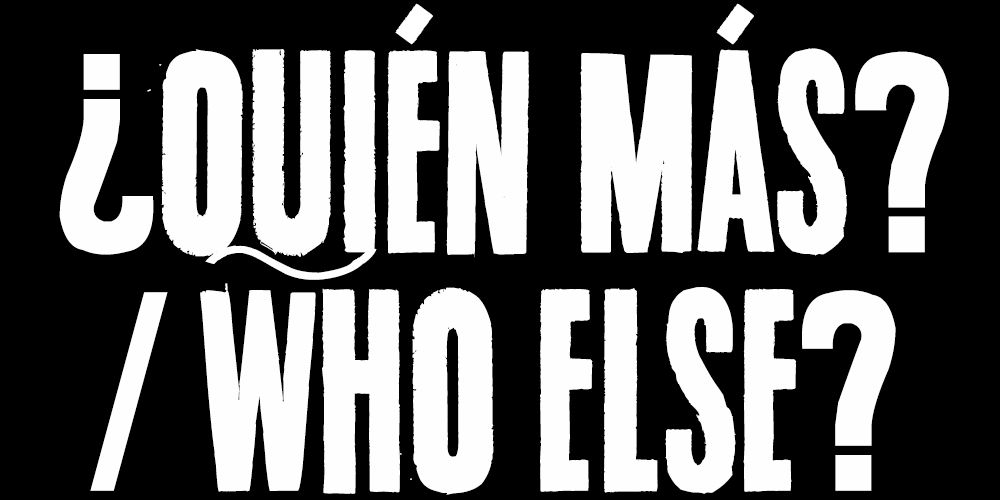Nicki | She/Her


Argentina
Urban
Marine/Coastal
Session 11: June 19, 2023
A mi no me importaba la crisis climática. Pensaba que era un problema lejano, algo que solo afectaría en el futuro. Además, viviendo en Argentina, un país donde tantas personas viven en una situación de pobreza por una crisis económica desde que tengo memoria, la crisis climática claramente no era algo que yo consideraba una prioridad.
Hasta 2019 a mi me gustaba en enero ponerme los objetivos para ese año. Pero ese año, mis planes cambiaron totalmente. En febrero de 2019 me topé con un video de Greta Thunberg convocando a la primera marcha internacional climática. Cuando lo ví, no entendía porque había jóvenes de mi misma edad protestando por un tema que en mi país no se hablaba en absoluto. En la escuela nunca me habían enseñado sobre la crisis climática. Los medios de comunicación no hablaban del tema y no era un tema presente con mis amigos o familia. Siempre fui muy curiosa así que me dio bronca no tener acceso a información que otras personas por vivir en otro lado del mundo al parecer sí tenían.
No dude en empezar a leer sobre el tema. Mientras más leía, más me inundaba un sentimiento de miedo, angustia y bronca. Nuestro presente y futuro estaba en juego por decisiones que mi generación no tomó pero sin embargo íbamos a tener que heredar. Leí una nota que decía “la crisis climática es un asunto de derechos humanos”. Hoy en día, tal vez esto me parece obvio, pero en ese momento, me cambió totalmente la perspectiva. La crisis climática ya estaba afectando a derechos humanos básicos en mi país como el derecho a la salud, a la educación e incluso a la vida. Por lo que con más razón viviendo en un país con tantos problemas económicos y en donde 60% de los niños son pobres la crisis climática nos debería importar, y mucho..
Ahí tomé la mejor decisión de mi vida. Convertir mi bronca e indignación en acción colectiva. Entendí que solo cambiar mis hábitos no era suficiente. Tenía que cambiar algo más grande, y, para eso teníamos que crear un colectivo. Me junté con unos amigos y creamos Jóvenes por el clima para organizar la primera marcha por el clima en Argentina liderada por la juventud. Ninguno de nosotros tenía experiencia ni sabía cómo se hacía. Había que cortar la calle, pedir permiso a los policías, tratar de convocar a medios de comunicación y aprender a comunicar en redes sociales. Sin embargo, lo hicimos con solo 10 días de anticipación.
Llegó el día. 15 de marzo de 2019. La gente empezaba a llegar. Si les soy sincera, como mido menos de 1 metro 60, no podía ver bien cuántas personas éramos, pero la expectativa ya estaba superada. No me esperaba que seamos más de 100. Cuando subí al escenario para dar un discurso vi desde arriba y me invadió un sentimiento que me acompaña hasta hoy en día: si nosotros no organizamos esa primera movilización…. ¿Quién lo hacía? Éramos 5,000 personas. Esta fue la primera reunión de Jóvenes por el clima que ya tiene quatro años. Jóvenes por el clima ya tiene 4 años. En estos 4 años muchas cosas cambiaron y otras no. Logramos que se apruebe la ley de cc, de educación ambiental, la ratificación del Acuerdo de Escazú, organizamos marchas de más de 50.000 personas, dimos más de 70 talleres de educación ambiental. La lista podría seguir. El camino hasta llegar a construir el mundo en el que queremos vivir es largo. Pero si no lo hacemos nosotros ¿quién lo va a hacer?
I didn’t care about the climate crisis. I thought it was a distant problem, something that would only affect the future. What’s more, living in Argentina, a country where so many people have lived in poverty due to economic crisis for as long as I can remember, I obviously did not consider the climate crisis a priority.
Until 2019, I enjoyed setting goals every January for the coming year. But that year, my plans changed completely. In February 2019, I came across a video of Greta Thunberg calling for the first international climate march. When I saw it, I didn’t understand why there were young people of my age protesting an issue that was not discussed at all in my country. At school, I had never been taught about the climate crisis. The media didn’t talk about it, and it was not a familiar topic among my friends or family. I was always very curious, so it annoyed me that I didn’t have access to information that other people had, apparently because they lived in another part of the world.
I did not hesitate to begin reading up on the subject. The more I read, the more a feeling of fear, anguish, and anger filled me. Our present and our future were at stake as the result of decisions that my generation did not make, but nevertheless would have to inherit. I read a note that said, “The climate crisis is a human rights issue.” Today, perhaps this seems obvious to me, but at that moment, my perspective totally changed. The climate crisis was already affecting basic human rights in my country such as the right to health, education, and even life. For this reason, living in a country with so many economic problems and where 60% of children are poor, the climate crisis should matter to us a lot…
It was then that I made the best decision of my life. I would turn my anger and outrage into collective action. I understood that simply changing my habits was not enough. Something bigger had to change, and to do that, we had to assemble a team. I gathered with friends, and we created the first Young People for Climate March organized in Argentina, led by youth. None of us had any experience or any idea of how to go about things. We had to block off the street, request a permit from the police, and learn to communicate across social media. Nevertheless, we managed to get it all done with only ten days to go before the march.
And then, the day came. March 15, 2019. People started to arrive. If I’m honest with you, I’m less than 1 meter and 60 centimeters tall, so I couldn’t really see how many people were there, but our expectations were surpassed. I didn’t think we would be more than 100 people. But then, when I got up on the stage to give a speech, I saw how many people had come and I was overwhelmed by a feeling that I have carried with me to this day: If we hadn’t organized this march…” Who would have?”
We were 5,000 people. This was the first gathering of Youth for Climate, which is now four years old. In the past four years, much has changed and much hasn’t. We were able to get a climate crisis law approved, an environmental education law passed, and the Escazú Accords ratified. We organized marches of over 50,000 people and have led over 70 educational workshops. The list goes on. The road to the world we want to make is long. But if we don’t do it, who will?
That’s just a little bit about the feelings that I carry—that have changed the story of my life and will, I know, accompany me forever.
Nicki is an Argentinian climate activist, co-founder of Jóvenes Por El Clima (Youth for Climate), and active member of Fridays for Future. Recognized by the Argentine Congress for her fight against climate change in 2020, she is also an environmental communicator. She is a former radio show host, and she currently writes for different media outlets. Nicki co-authored a chapter in Greta Thunberg’s book and is a Law student focusing on international and environmental law at the University of Buenos Aires.
